The Likelihood Of Time Travel According To Our Current Understanding Of Physics
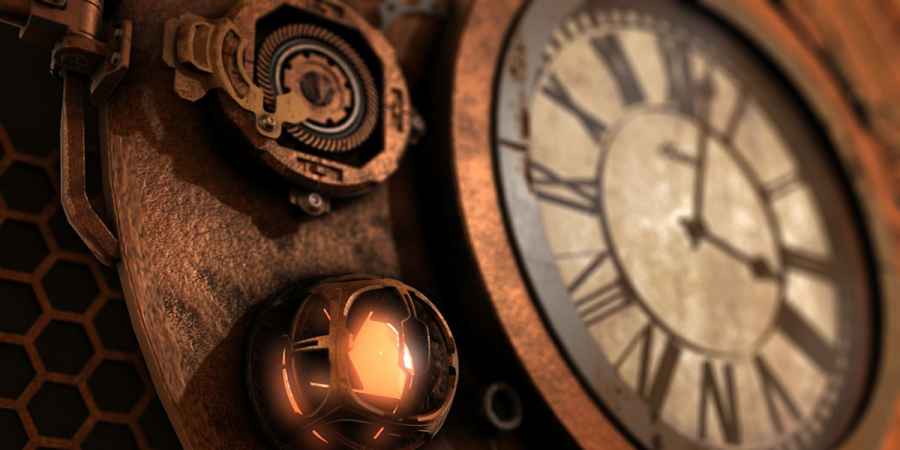
Photo: Frank Pfeiffer

Photo: Frank Pfeiffer
This page is more than one year old.
Time, as we experience it, moves relentlessly forward. Despite this one-way flow, we've all probably wished at some point that we could revisit a moment in the past—to relive a precious memory, right a wrong, or even to visit a long-gone friend. But could this ever be possible according to physics?
Einstein's Insight Into Space & Time
In 1905, physicist Albert Einstein revolutionised our understanding of the universe with his theory of relativity. He proposed that space and time are intimately connected, forming a unified framework, thanks to observations that light always travels at a constant speed, regardless of the observer's own speed and motion. This implies that space and time can bend and stretch in ways we find non-intuitive, like a clock ticking slower when it's moving relative to you.
Despite Einstein's theory, there's a distinct difference between the spatial dimensions that we can move through freely, and time, which appears to have a strict forward-only rule. Several theories, including string theory, hint at additional dimensions, but these theories also imply a single, forward-moving timeline.
Einstein's theory of general relativity, our best description of how gravity works, intriguingly does not rule out the possibility of moving backward in time. It lays down certain conditions, like nothing with mass can exceed the speed of light, but it hints at concepts called "closed timelike curves," which are theoretical paths that loop back on themselves in spacetime, effectively allowing for time travel.
However, actually constructing and utilising a closed timelike curve is a pretty immense challenge. There are a few theoretical ways it could be done, including building an infinitely long rotating cylinder. Being infinite, this would of course require an infinite amount of mass to make it. So although theoretically possible, practically speaking it's impossible.
Another theoretical possibility to ride a closed timelike curve back in time is to journey inside a black hole. The problem with this option is that even if you did travel through time, you'd never be able to escape.
You could also us a so-called "Gödel universe," rotating with a perfect balance of mass and dark energy, but like the other two options, this is also practically achievable with our current understanding and technology.
A more plausible idea might be a wormhole - a tunnel connecting two different points in spacetime, which could conceivably allow for travel between them, including into the past. However, constructing a wormhole might require something called "negative energy," a concept that is very speculative and not entirely understood.
Advertisement ‐ Content Continues Below.
Time Travel Paradoxes

Photo: Roger Ce
Time travel isn't just a question of "can we?" but also "what happens if we do?" Travelling back in time could result in logical contradictions known as paradoxes.
Perhaps the most famous example is the grandfather paradox. This occurs in a situation where you traveled back in time and somehow prevented your grandfather from meeting your grandmother, you would never have been born. But if you were never born, how could you have traveled back in time to prevent them from meeting?
Then there's the causal loop or bootstrap paradox. In this example, imagine you receive a book when you were young, then in the future you travel back in time to give that same book to your younger self. Who, then, is the original author of the book? The book seems to have no origin — it simply exists, looped in time.
Even if a causal loop were possible, there's the problem of entropy — the principle that things tend to move towards disorder. This means any object like the book would gradually degrade while cycling through such a loop. Eventually, it would become so degraded it couldn't continue the loop, creating another paradox.
The biggest problem that occurs when we think about paradoxes is the logical contradiction of changing the past. If we successfully change a past event, we might alter the conditions that led us to travel back in time in the first place. This is the paradoxical loop: the conditions for our journey back in time should exist in the first place for us to change them.
A Possible Solution?
One theoretical solution to resolve these paradoxes is the concept of multiple timelines or multiple universes - the solution that caused all the chaos in 'Back To The Future II'. As Doc Brown explained: When we travel back in time, instead of altering our past, we branch off and create a new, separate timeline. While this theory is mathematically possible, it doesn't allow us to change our own past, it just creates a different version of history on another timeline.
The Novikov Self-Consistency Principle, named after Russian physicist Igor Dmitriyevich Novikov, suggests that any attempt to create a time paradox would always result in a "self-consistency." In other words, the events will somehow resolve themselves, such that the known laws of physics are not violated. According to this principle, you can't change the past in a way that would cause a paradox. For example, if you traveled back in time, the universe would prevent you from doing something like killing your own grandfather.
The Novikov Self-Consistency Principle raises questions about free will. If our actions in the past are predetermined to avoid contradictions, what does this mean for our ability to make free and independent choices?
Whether through multiple timelines or self-consistency principles, these theories attempt to resolve the conflicts that arise when we consider changing the past. Ultimately, though, many scientists believe that the universe safeguards itself against these paradoxes, forcing us to live our lives forward—not backward.
Renowned physicist Stephen Hawking proposed an alternative solution. He said the universe itself prevents time travel paradoxes from occurring. According to this conjecture, the laws of physics will not allow for time machines to be created, thereby preserving causality and the natural flow of time.
Though it might seem disappointing that we can't travel back in time to fix our mistakes or save our loved ones, this could be seen in a positive light. It means that each moment we experience is unique and invaluable. Our past, with all its imperfections, shapes who we are today, and we have the freedom and responsibility to shape our future.
More On Time Travel
See All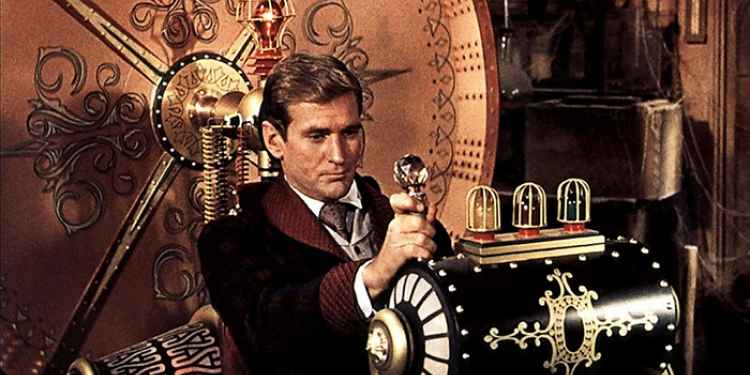
ArraySeptember 05, 2024
History Of Time Travel Timeline: From Science Fiction To Hoaxes & Beyond
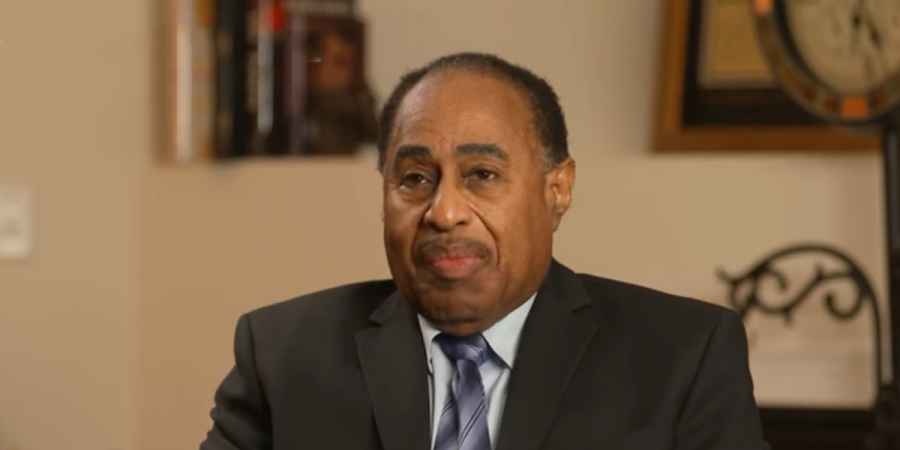
ArrayMarch 15, 2023
Scientist Discuses The Reality Of Time Travel On 'This Morning'
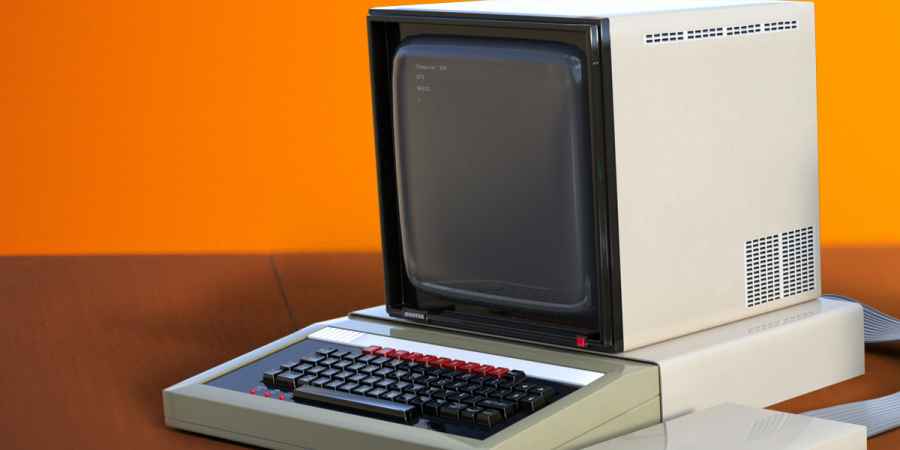
ArrayNovember 19, 2021
Was A Retro Computer Used To Contact A 16th Century Ghost?
Learn With Higgypop
Hosted by Paralearning in association with Higgypop, these courses on ghost hunting, paranormal investigations, and occult practices draw on the experience of our team of paranormal writers.

Diploma In Modern Demonology For Paranormal Investigators
This course gives you practical and useful knowledge of ghost hunting and paranormal research, which is invaluable when conducting your own paranormal investigations or as part of a group event.
View Course
Diploma In Capturing & Analyzing Electronic Voice Phenomenon
This course gives you practical and useful knowledge of ghost hunting and paranormal research, which is invaluable when conducting your own paranormal investigations or as part of a group event.
View CourseMore Like This
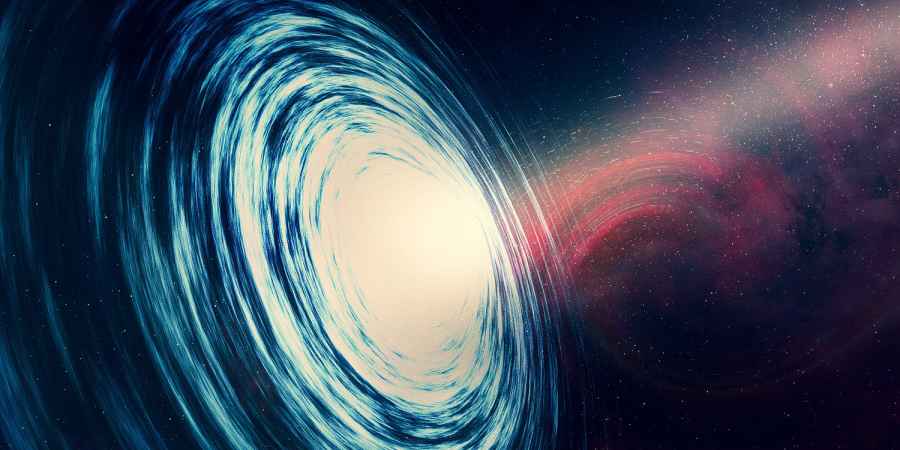
ScienceMarch 10, 2025
What Ghost Hunters Mean When They Talk About Dimensions

ScienceNovember 25, 2024
Is Zero-Point Energy Being Suppressed By World Governments?
 See More on Audible
See More on Audible

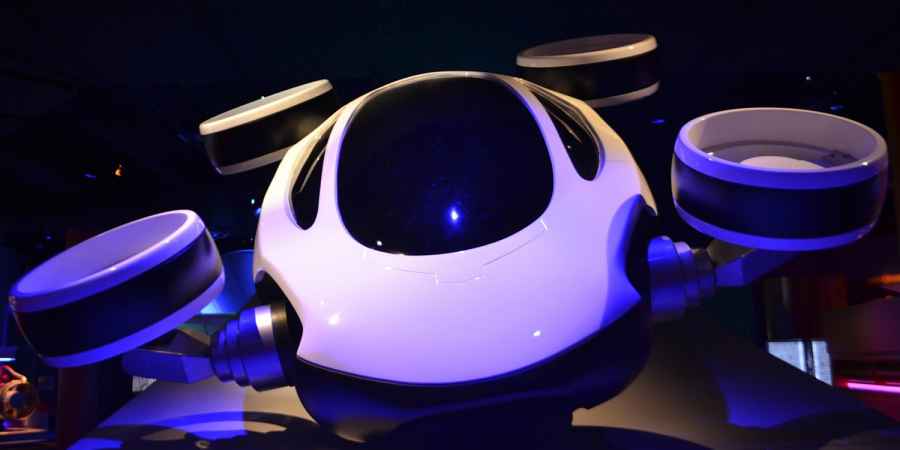

Comments
Want To Join The Conversation?
Sign in or create an account to leave a comment.
Sign In
Create Account
Account Settings
Be the first to comment.